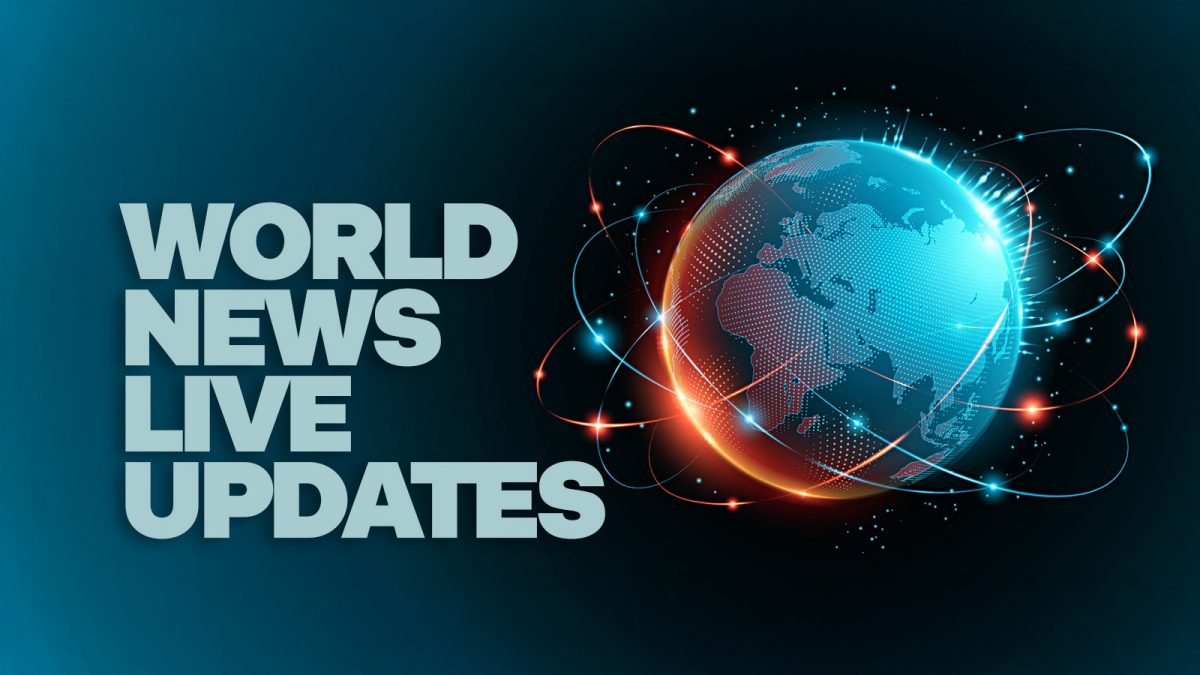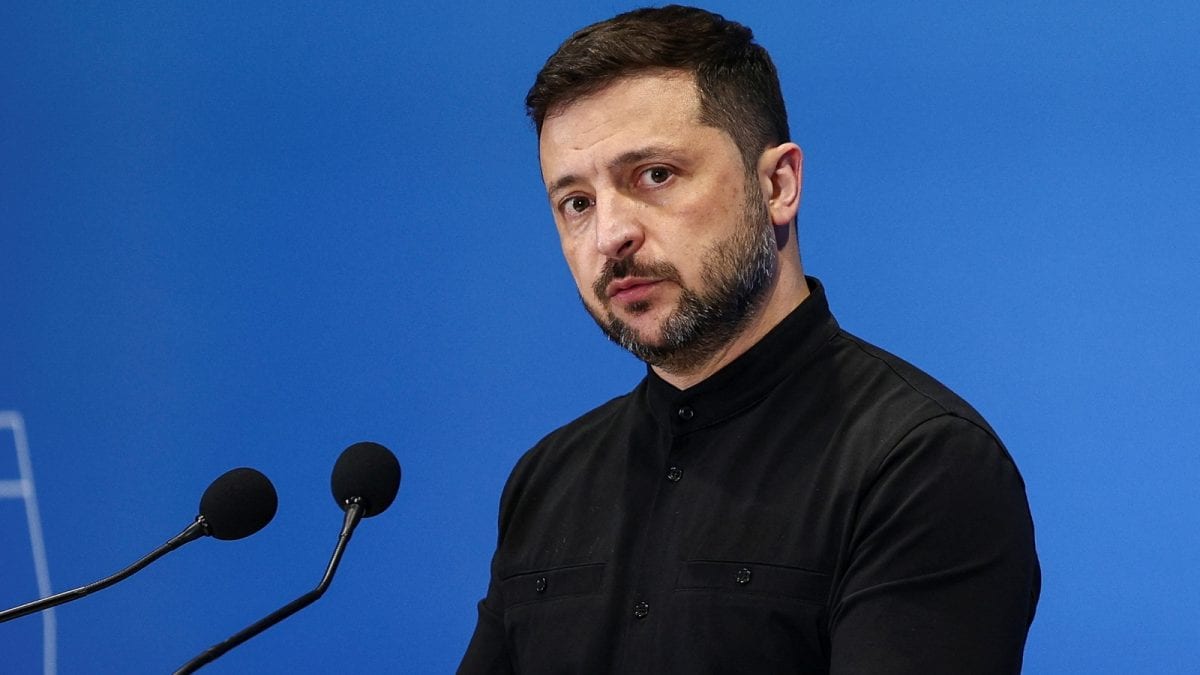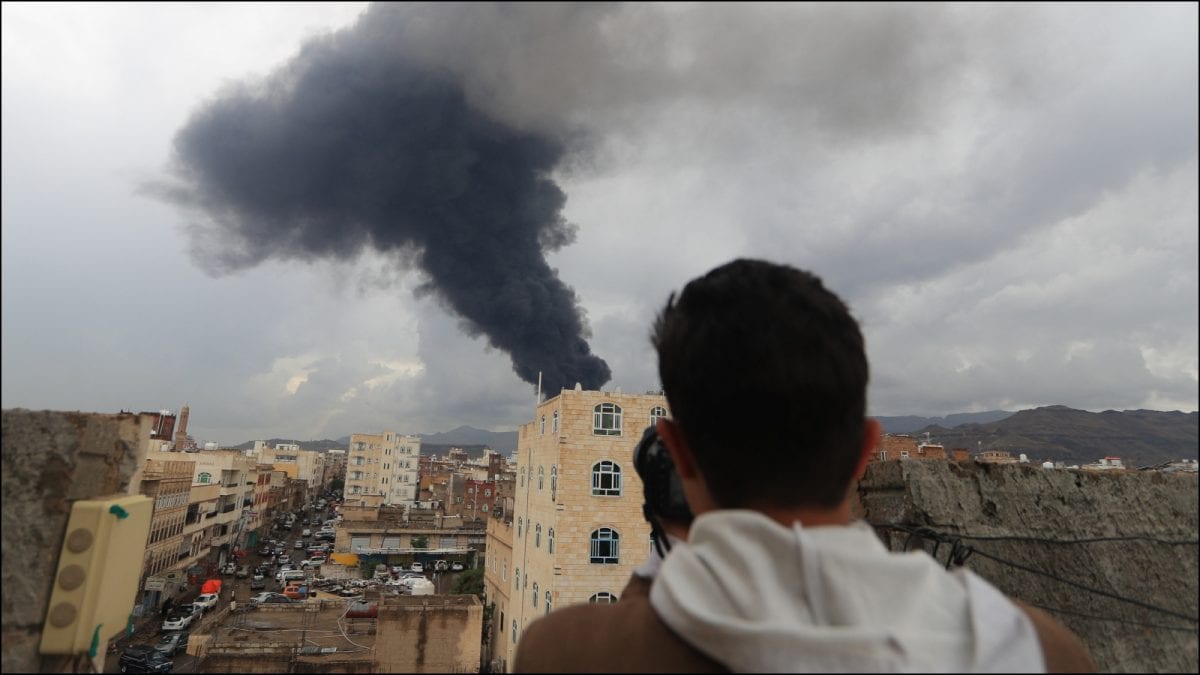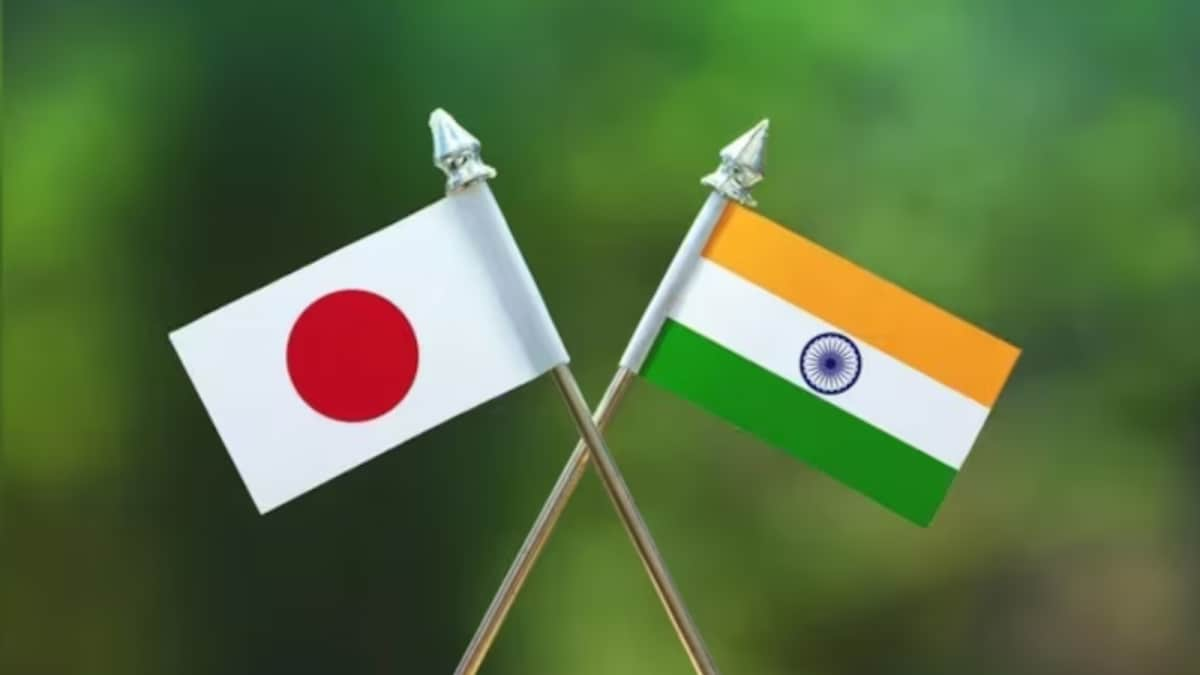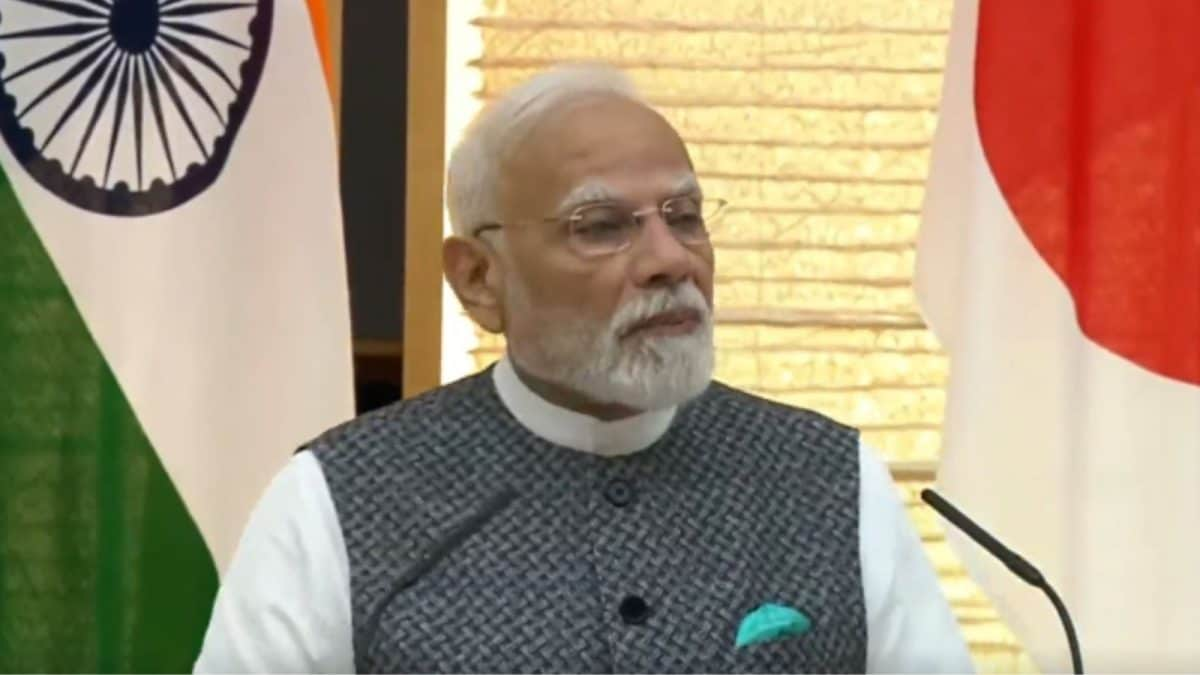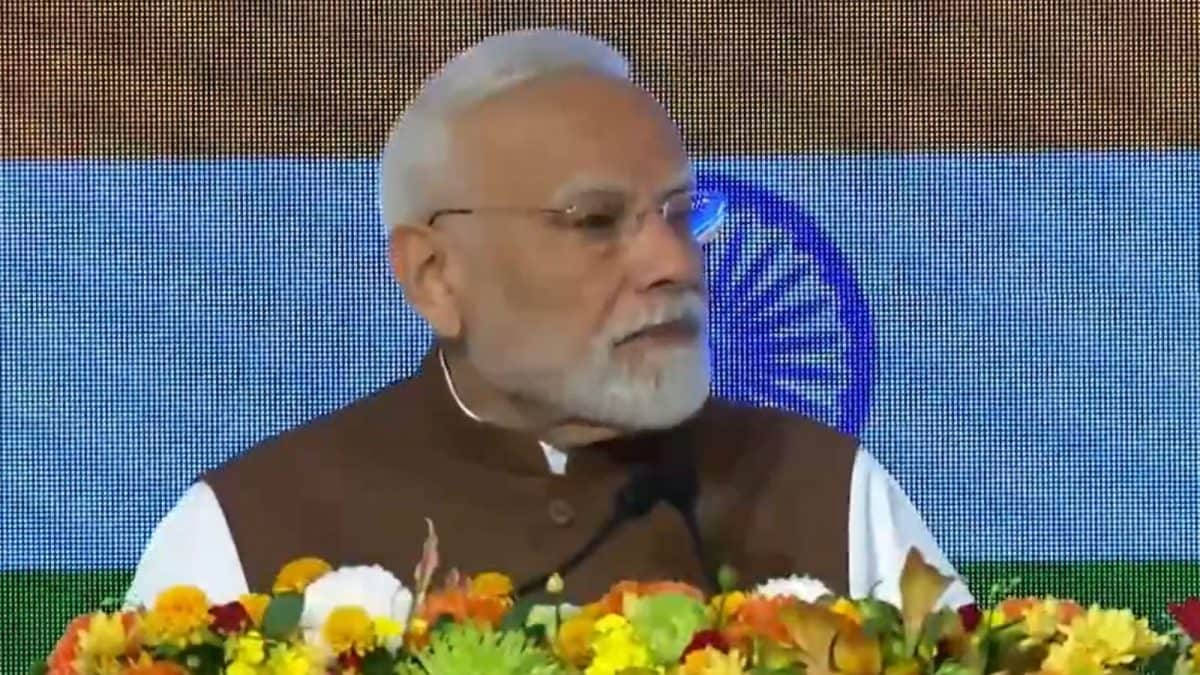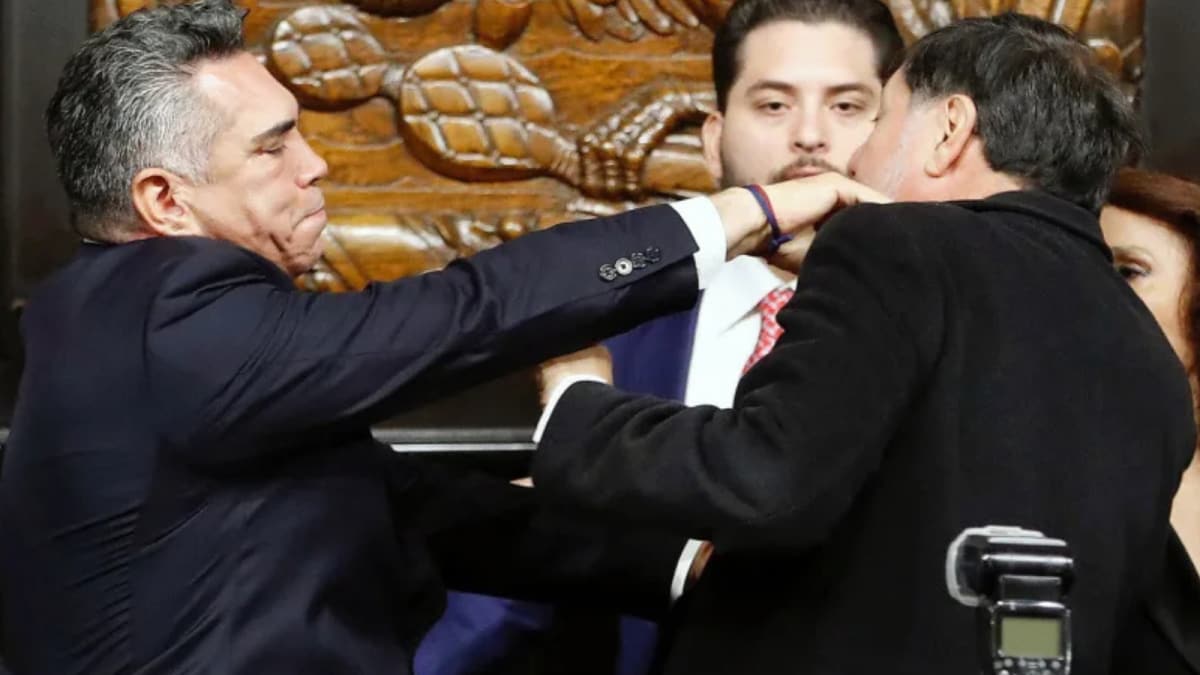Attorney General Pam Bondi is advancing a DOJ investigation into the origins of the Trump-Russia probe, amid renewed GOP claims of political bias and disputed evidence challenging Russian interference.

Attorney General Pam Bondi (Photo: AP)
Attorney General Pam Bondi has directed that the Justice Department move forward with a probe into the origins of the Trump-Russia investigation following the recent release of documents aimed at undermining the legitimacy of the enquiry that established that Moscow interfered on the Republican’s behalf in the 2016 U.S. presidential election.
Bondi has directed a prosecutor to present evidence to a grand jury after referrals from the Trump administration’s top intelligence official, a person familiar with the matter said Monday. That person was not authorised to discuss it by name and spoke on condition of anonymity to The Associated Press. Fox News first reported the development.
It was not clear which former officials might be the target of any grand jury activity, where the grand jury that might ultimately hear evidence will be located or which prosecutors — whether career employees or political appointees — might be involved in pursuing the investigation. It was also not clear what precise claims of misconduct Trump administration officials believe could form the basis of criminal charges, which a grand jury would have to sign off on for an indictment to be issued.
The development is likely to heighten concerns that the Justice Department is being used to achieve political ends given longstanding grievances over the Russia investigation voiced by President Donald Trump, who has called for the jailing of perceived political adversaries, and because any criminal investigation would revisit one of the most dissected chapters of modern American political history. It is also surfacing at a time when the Trump administration is being buffeted by criticism over its handling of documents from the Jeffrey Epstein sex trafficking investigation.
The initial, years-old investigation into Russian election interference resulted in the appointment of a special counsel, Robert Mueller, who secured multiple convictions against Trump aides and allies but did not establish proof of a criminal conspiracy between Moscow and the Trump campaign.
The enquiry shadowed much of Trump’s first term in office and he has long focused his ire on senior officials from the intelligence and law enforcement community, including former FBI Director James Comey, whom he fired in May 2017, and former CIA Director John Brennan. The Justice Department appeared to confirm an investigation into both men in an unusual statement last month but offered no details.
Multiple special counsels, congressional committees and the Justice Department’s own inspector general have studied and documented a multipronged effort by Russia to interfere in the 2016 presidential election on Trump’s behalf, including through a hack-and-leak dump of Democratic emails and a covert social media operation aimed at sowing discord and swaying public opinion.
But that conclusion has been aggressively challenged in recent weeks as Trump’s director of national intelligence, Tulsi Gabbard, and other allies have released previously classified records that they hope will cast doubt on the extent of Russian interference and establish an Obama administration effort to falsely link Trump to Russia.
In one batch of documents released last month, Gabbard disclosed emails showing that senior Obama administration officials were aware in 2016 that Russians had not hacked state election systems to manipulate the votes in Trump’s favour. But President Barack Obama’s administration never alleged that votes were tampered with and had instead detailed other forms of election interference and foreign influence.
A new outcry surfaced last week when Sen. Chuck Grassley, the Republican chairman of the Senate Judiciary Committee, released a set of emails that FBI Director Kash Patel claimed on social media proved that the “Clinton campaign plotted to frame President Trump and fabricate the Russia collusion hoax.”
The emails were part of a classified annex of a report issued in 2023 by John Durham, the special counsel who was appointed during the first Trump administration to hunt for any government misconduct during the Russia investigation.
Durham did identify significant flaws in the investigation but uncovered no bombshells to disprove the existence of Russian election interference. His sprawling probe produced three criminal cases; two resulted in acquittals by a jury and the third was a guilty plea from a little-known FBI lawyer to a charge of making a false statement.
Republicans seized on a July 27, 2016, email in Durham’s newly declassified annex that claimed that Hillary Clinton, then the Democratic candidate for president, had approved a plan during the heat of the campaign to link Trump with Russia.
But the purported author of the email, a senior official at a philanthropic organization founded by billionaire investor George Soros, told Durham’s team he had never sent the email and the alleged recipient said she never called to receive it.
Durham’s own report took pain to note that investigators had not corroborated the communications as authentic and said the best assessment was that the message was “a composites of several emails” the Russians had obtained from hacking — raising the likelihood that it was a product of Russian disinformation.
The FBI’s Russia investigation was opened on July 31, 2016, following a tip that a Trump campaign adviser, George Papadopoulos, had told an Australian diplomat that he had learned that Russia was in possession of dirt on Clinton.
- Ends
Published By:
Rivanshi Rakhrai
Published On:
Aug 5, 2025

 3 weeks ago
3 weeks ago



